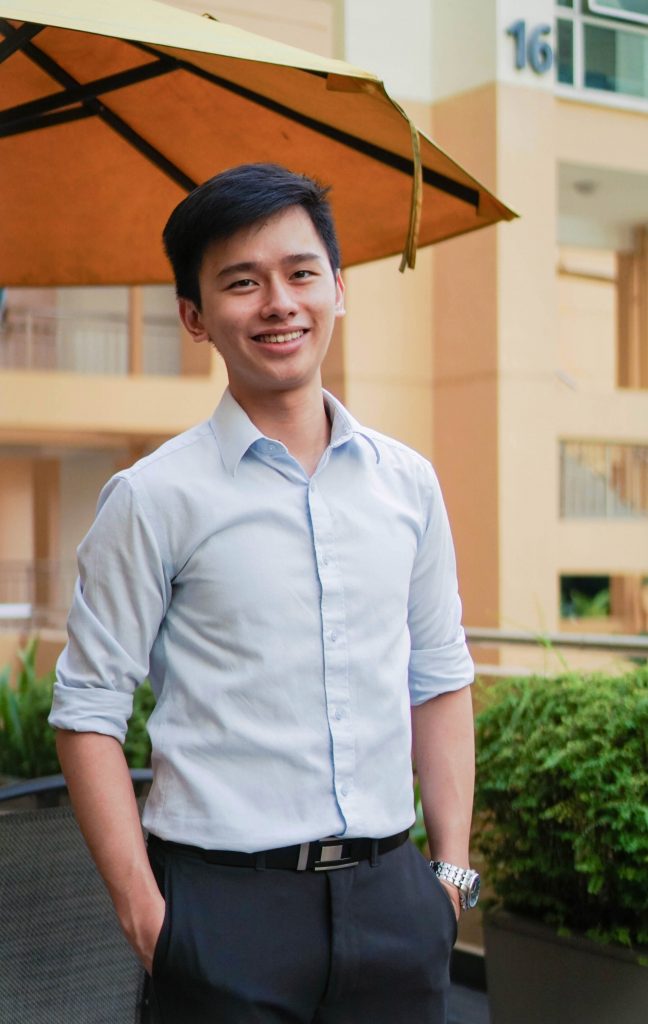Applying interdisciplinary skills to entrepreneurship
April 27, 2021

Aaron Khoo
Co-founder, Avenevv
Quantitative Finance and Economics (2018)
Aaron co-founded Avenevv in March 2018 which provides a one-stop online marketplace for MICE (Meetings, Incentives, Conferences, Exhibitions) planners to discover curated event venues and packages, and seamlessly manage bookings and payments. He shares how a multidimensional perspective helped him overcome business disruptions from COVID-19, and emerge stronger as an entrepreneur.
How were you exposed to interdisciplinary learning at NUS?
Aside from my majors in Quantitative Finance and Economics, I read a broad spectrum of modules ranging from life sciences, mathematics, statistics, and computing to economics. This allowed me to better appreciate the application of science in the larger context of the business landscape.
How did the flexibility in creating your own learning path benefit you?
I discovered my calling to start my own business in university. I had the flexibility to choose electives that I found interesting and relevant to my career aspirations, such as International Finance. My stint in the NUS Overseas Colleges (NOC) programme also provided me valuable exposure in entrepreneurship. These experiences led to a well-rounded perspective in knowledge application.
Please share how you apply interdisciplinary skills and knowledge in your entrepreneurship journey.
Managing a business is both an art and a science. Rigorous analytical thinking is important to evaluate options and chart the best growth path. However, we also need to be creative, empathetic to our consumers, and to stay open to different points of view.
You can never be too prepared. From understanding the complexities of business to the psychology of decision-making, I continue to learn as my startup evolves.
Resilient thinking is even more important in a time like this, where COVID-19 challenges our knowledge and assumptions of doing business. Navigating changing consumer behaviour and the economic environment requires a multifaceted approach that cuts across disciplines.
How did you steer your business through the disruptions of COVID-19?
As a startup, we were among the first to feel the impact. The pandemic also put many of our plans on hold. However, this crisis was also the opportunity to turn the situation around by launching our very own virtual event platform AveLIVE at an international online exhibition and conference. This was not only a good avenue to showcase our offerings, it was also the springboard for venturing into the virtual events business.
I am grateful that the knowledge from school provided a foundation to build my product, and refined the way I think and perceive people, circumstances and the world. This was critical for navigating through unpredictable times.
To date, Avenevv has more than 250 MICE partners from an extensive network of event venues, and service and technology providers. Aaron is also planning to extend Avenevv’s market penetration and upscale across different verticals and countries.

